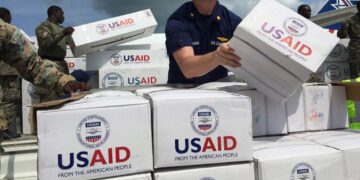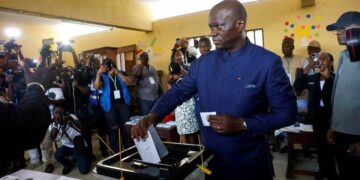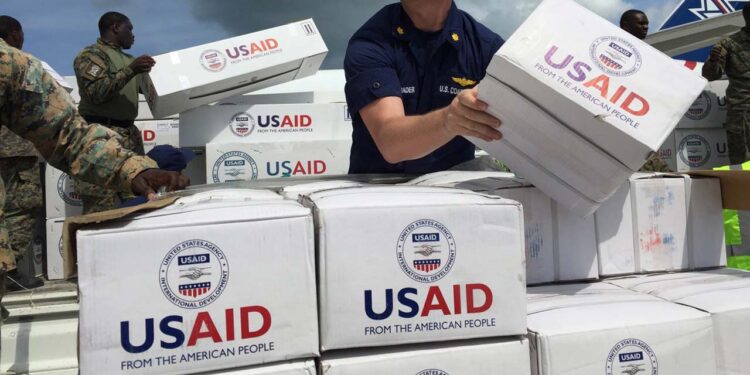By Ebi Kesiena
In a bid to enhance natural resource management in West Africa, the Economic Community of West African States (ECOWAS) is partnering with the USAID-funded West Africa Biodiversity and Low Emissions Development (WABiLED) Program.
This collaboration has led to the creation of essential governance tools, including a Forest Convergence Plan and a Strategy to Combat Wildlife Trafficking.
In 2021, the program awarded ten grants totaling over $6 million to eight community and research organizations in Côte d’Ivoire, Guinea, Liberia, and Sierra Leone, all aimed at conserving forest resources.
Recently, a workshop was held in Accra, Ghana to review the WABiLED Work Plan and achievements. The workshop aimed to share the draft plan with stakeholders, including representatives from ECOWAS and USAID, and to gather their feedback. Participants also heard from grantees about their ongoing projects in transboundary landscapes.
During the workshop, WABiLED officials highlighted key achievements from the past three years, such as the endorsement of the West Africa Strategy for Combating Wildlife Crime, the establishment of the West Africa Network, and the development of restoration maps for four transboundary areas in the Upper Guinea forests.
The second day of the workshop focused on sharing updates from grantees involved in the program.
Meanwhile, according to the report distributed by the APO Group on behalf of ECOWAS, some of the achievements included the recognition of ECOWAS final endorsement of the West Africa Strategy for Combating Wildlife Crime, the establishment of the West Africa Network, the production of the restoration opportunity maps for four transboundary landscapes in the Upper Guinea forests, and a few other related activities.
The presentation on key achievements was followed with presentation on the work plan for the financial year 2025.

































